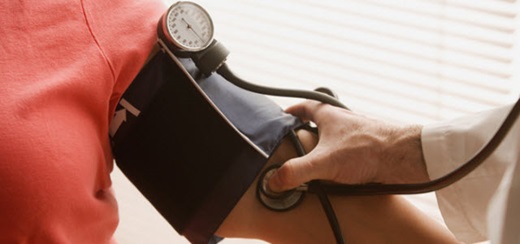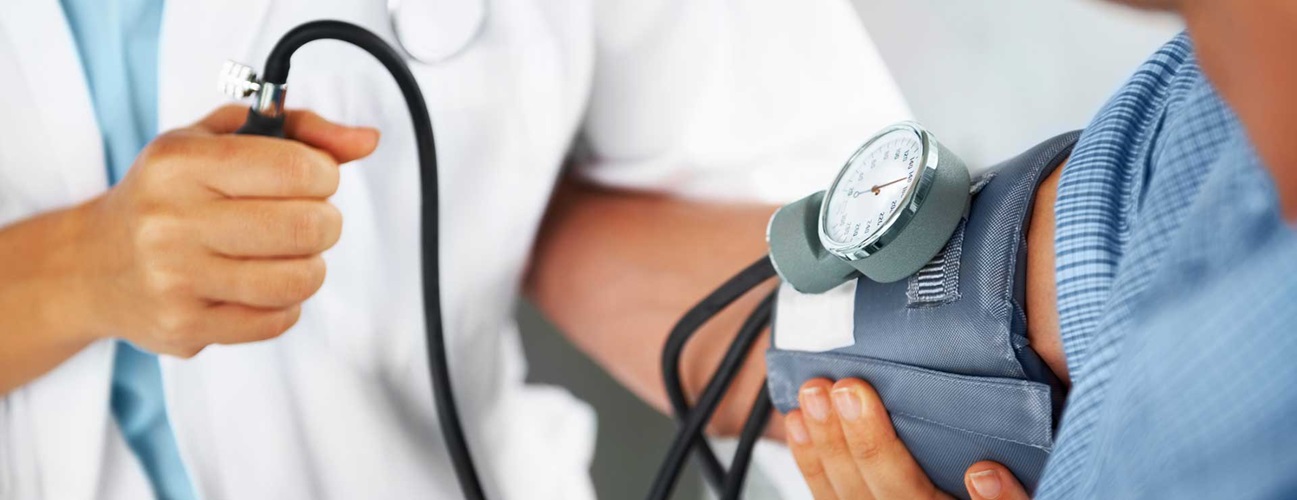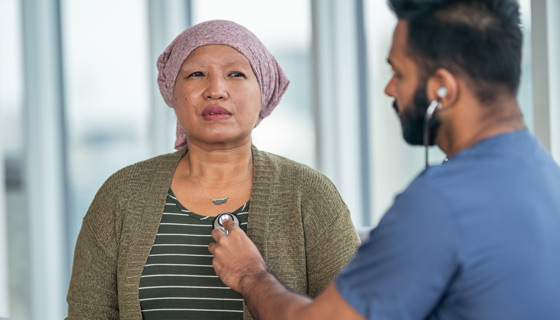High Blood Pressure: Prevention, Treatment and Research
Reviewed By:
Reviewed By:
We all have “blood pressure.” This simply refers to the way blood pushes against the walls of your arteries as your heart pumps. However, one in three American adults have a potentially dangerous condition known as high blood pressure, also called hypertension. For those with high blood pressure, blood moves more forcefully through the arteries than it should.
It’s normal for blood pressure to increase when you exercise or are under stress. But when the pressure is too high even when you’re at rest, and stays too high for too long, it can stretch and damage your arteries. The resulting health problems from high blood pressure can include heart disease, heart failure, stroke, kidney damage, vision loss, and memory loss and cognitive decline.

Prevention
Following a healthy lifestyle is considered the best way to maintain blood pressure within the recommended range. How to do it:
-
Keep your weight healthy. The higher your body mass index (BMI), the greater your odds of developing high blood pressure. Learn your BMI from your doctor and aim for the normal range of weight for your height.
-
Track your blood pressure. “Take your blood pressure at home often and bring a blood pressure log of your readings to the doctor,” suggests Blaha. It’s especially important to have it checked often if you’re over age 40, overweight, sedentary, or have a family history of heart disease or high blood pressure.
-
Eat heart-healthy foods. That means a diet high in whole grains, fruits and vegetables, and lean protein, and low in sodium and alcohol. Get practical ideas to eat for heart health in Eat Smart .
-
Get, or stay, fit. Being active helps keep weight in check and reduces your odds of many different heart problems.
-
Don’t smoke, or, if you do now, quit. Smoking damages blood vessels.
-
Learn healthy ways to manage stress. Many people find yoga, meditation , music and tai chi helpful.
Diagnosis
A blood pressure reading has two numbers: systolic (“sis-TOL-ick,” the first or top number in a reading) and diastolic (“dye-a-STOL-ick,” the second or bottom number in a reading). Systolic pressure is the force of the blood against the artery walls when the heart contracts to pump blood. Systolic pressure is always the higher number. Diastolic pressure is the pressure against the arteries between heartbeats, as the heart relaxes. The unit of measurement is in millimeters of mercury (mm Hg).
Optimal blood pressure is 120/80 mm Hg (referred to as “120 over 80”) or below. High blood pressure is defined for adults as systolic pressure above 140 or diastolic pressure above 90. Generally, a diagnosis of high blood pressure results when you have high readings on three different occasions during a single week. Some people’s blood pressure is changeable, and others have what’s called “white coat hypertension”—higher readings as a result of feeling stressed in a doctor’s office, says Blaha. You may be asked to wear a portable blood pressure monitor to get an accurate reading.
Treatment
-
Move more. A good guideline: Aim for 30 minutes a day of aerobic exercise (fast walking, running, swimming) on most days of the week. If you’re new to exercise, get your doctor’s OK before you start a workout program.
-
Quit smoking. Talk to your doctor about support programs that can help.
-
Take medications as prescribed. Because drugs for high blood pressure work in different ways, you may be prescribed more than one.
Living With...
Controlling your blood pressure is a long-term effort. Once diagnosed, most people need lifetime treatment. The payoff, though, is improved overall health and a reduced risk of serious heart problems, such as stroke and heart attack. In addition to following healthy lifestyle habits:
-
Let your doctor know immediately if you notice any side effects from blood pressure medications. Take medications as directed and never discontinue use without consulting your doctor.
-
Know the warning signs of too-high blood pressure. In most cases the condition is symptomless, but in extreme cases of dangerously high blood pressure, a person may develop ringing in the ears, dizziness, headaches, nosebleeds, tingling or numbness in the hands and feet, drowsiness or confusion.
-
Learn how to take your blood pressure at home. It’s easy to learn, devices are readily available at pharmacies and elsewhere, and your doctor can show you how, says Blaha.
Research
Johns Hopkins researchers and clinicians continue to explore ways to prevent and manage high blood pressure and its effects. Among their noteworthy research:
Antihypertensive drugs may help preserve cognitive function in people with high blood pressure. Johns Hopkins researchers led a study showing that hypertension in midlife raises the odds of memory problems in old age. When treated early, though, this risk may drop.
Higher weight and weight gain raises the risk of high blood pressure. This is especially true from young adulthood through midlife. A Johns Hopkins study helped to solidify the link between high body mass index and high blood pressure.








